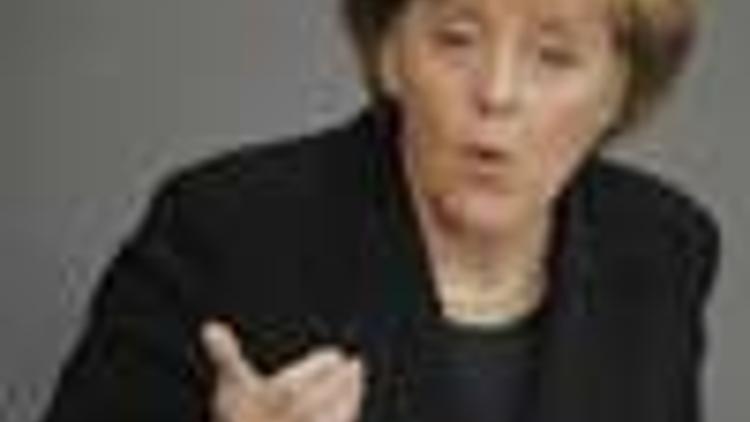Germany to take steps to integrate Turkish community
Güncelleme Tarihi:

Placing immigrant integration into society at the center of state policy after years of denial and neglect, the German government is finally dedicating time, money and energy for progress on this still unresolved matter, the Turkish Daily News (TDN) wrote on Monday.
The diagnosis of the "disease" by the coalition government led by
The German government has long ignored the parallel societies arising from differing social, cultural and religious traditions of the Turkish immigrants that began arriving in the country in the 1960s under the guest worker scheme.
Mostly from the country’s underdeveloped eastern provinces,
The Turkish immigrant community, which numbers about 2.5 million, faced an apparent lack of interest both from
�
HIGHLIGHTING RELIGIOUS IDENTITY
The current German government accepts Turkish immigrants as permanent residents and is seeking ways to deal with the issues they face.
Until recently the integration problem was evaluated within the concept of modernization, as a large majority of the first wave of Turkish immigrants were unqualified workers from low-income family groups. The integration of Turkish immigrants today is mostly associated with religious identity and Turks in
Emphasis on religious identity has become an issue across
"9/11 is partly responsible for this misunderstanding in the West that confines the identity to a single element – religion," Cem Ozdemir, German politician of Turkish descent from the Green Party, was quoted by the TDN as saying.
"Islam is seen as the most different religion, a perception that sparks fears because the majority of the Turks in
Ozdemir has also been subjected to similar treatment because of his ethnic origins.
"A couple of years ago when the
Many elements shape an identity and religion is only one of them, says Ozdemir.
"A German is free to say he's a Bayer Munich fan, a heterosexual, a Bavarian, a Catholic or a Protestant … But Turks are equated only with religion. This very wrong approach is quite common in the West," he said.
Photo: AFP

